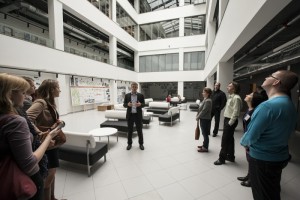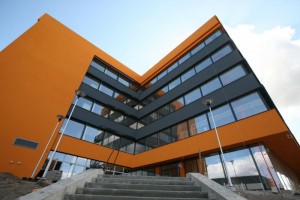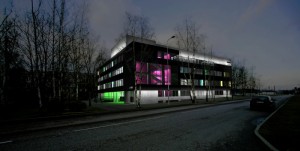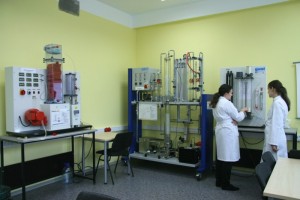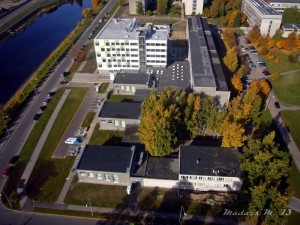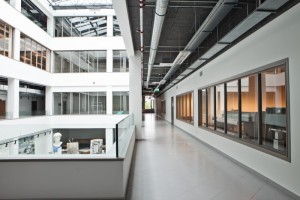Riga Technical University is the oldest technical university in the Baltics. Founded on October 14, 1862. Since 1862 the University has been successfully reorganising its study processes to ensure compliance of academic and professional tertiary education focused on the branches typical for the national economy of Latvia with the requirements of the European Union. The study programmes offered by the RTU have undergone international expertise and are officially accredited.
The Riga Business School is a management–education institution within Riga Technical University. It was founded in 1991, in close cooperation with the State University of New York at Buffalo (USA) and the University of Ottawa (Canada), and it was the first higher education institution in the Baltic states that offered Master of Business Administration (MBA) programs in English.
The school currently has more than 1000 MBA graduates, mostly middle- and upper-level level managers both in Latvia and abroad. The education standards and structure are adopted from the North-American style MBA, which contains case studies, working in groups, and active participation in classrooms.
Faculties:
- Faculty of Architecture;
- Faculty of Civil Engineering;
- Faculty of Computer Science and Information Technology;
- Faculty of Electronics and Telecommunications;
- Faculty of Engineering Economics and Management;
- Faculty of Materials Science and Applied Chemistry;
- Faculty of Electrical and Environmental Engineering;
- Faculty of Mechanical Engineering, Transport and Aeronautics;
- Faculty of E-Learning Technologies and Humanities.
Research fields:
1. Energy & Environment;
Renewable and Alternative Sources of Energy & technologies for their Conversion
Energy saving and Efficiency
Environmental Technologies
Environmental Management
2. Urban Development;
Interaction of Multifactor in Landscape Development
Real Estate Process Prognosis
3. Information and Communication Technologies;
Modeling (vehicle, groundwater) & Imitation
Artificial Intelligence, Intelligent Robotics
Viable Systems Approach
Hybrid Simulation-Based Optimization Tools
4. Transport;
Unmanned Aircraft Design, Aviation Control Systems
Aeronautics & Space Technologies, Vehicles Design, Railways Transport
Transport Economics and Logistics
5. Materials, Processes & Technologies;
Sol-gel (optics, power supply) Surfaces of Polymercomposits
Arterial Implants, Composite Materials (plains, ships)
Biomaterials, Electrochemical Surface Coverage
Nanoparticles, Organic Synthesis & Quality Control
Microclimate Regulated Clothing, Nanocoverage
Bionano & Microsensors, Superellastic Pressure Sensors
Environmental Management
6. Safety & Security Technologies;
Electrical Controls, Power Quality & Delivery Safety
Water Safety & Security, Cyberphysical systems, Customs & Border Protection


